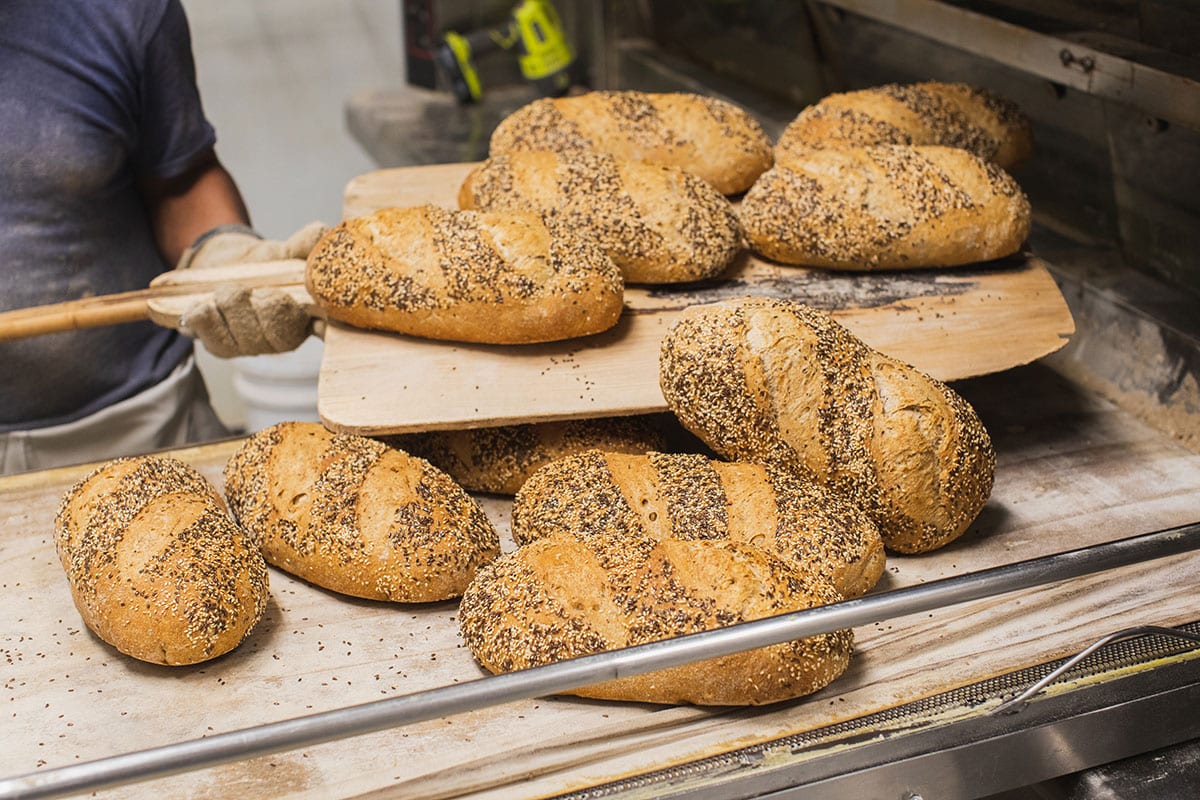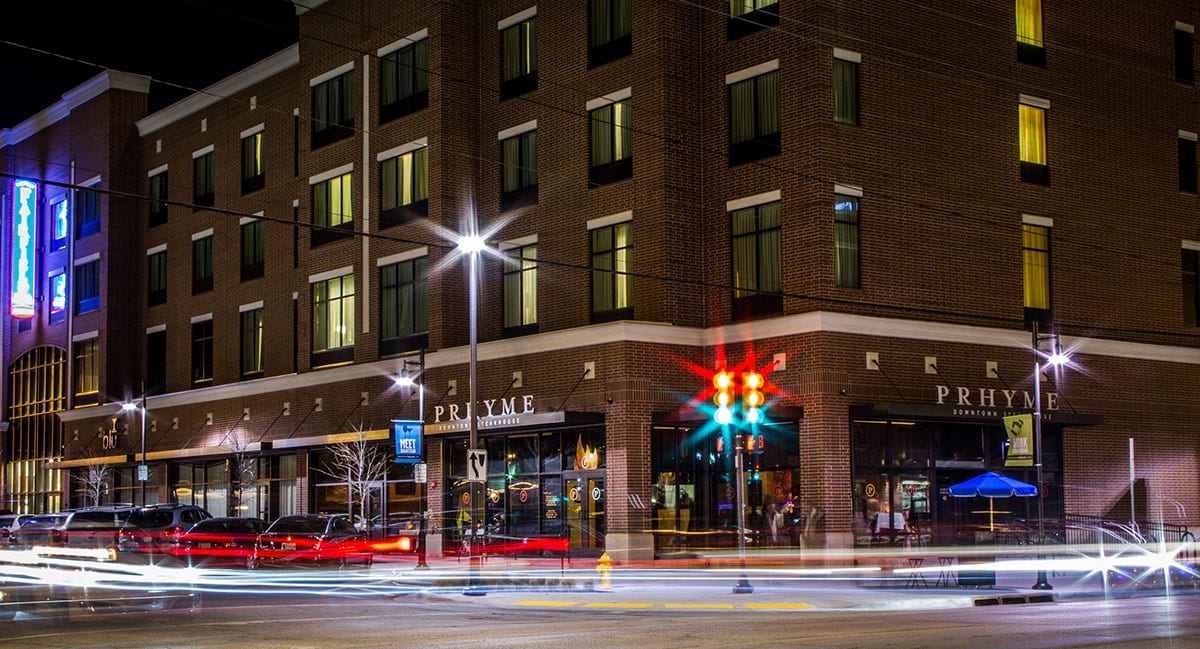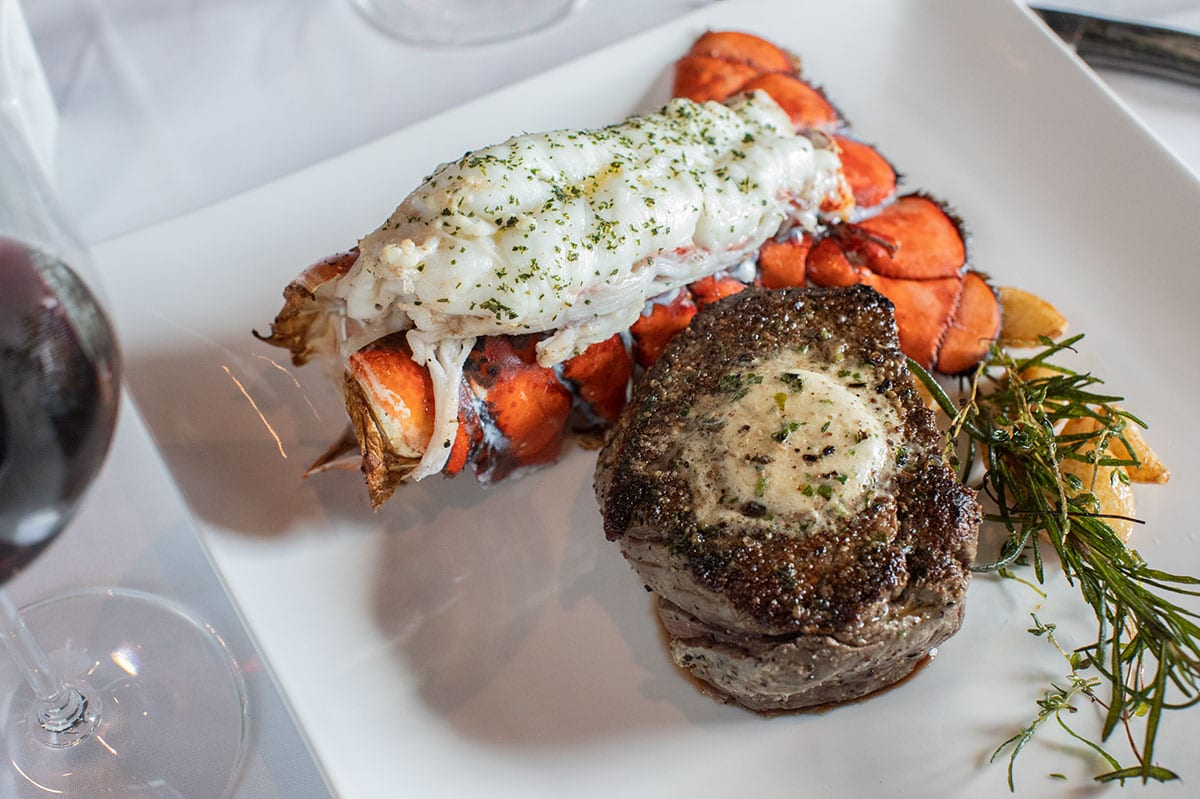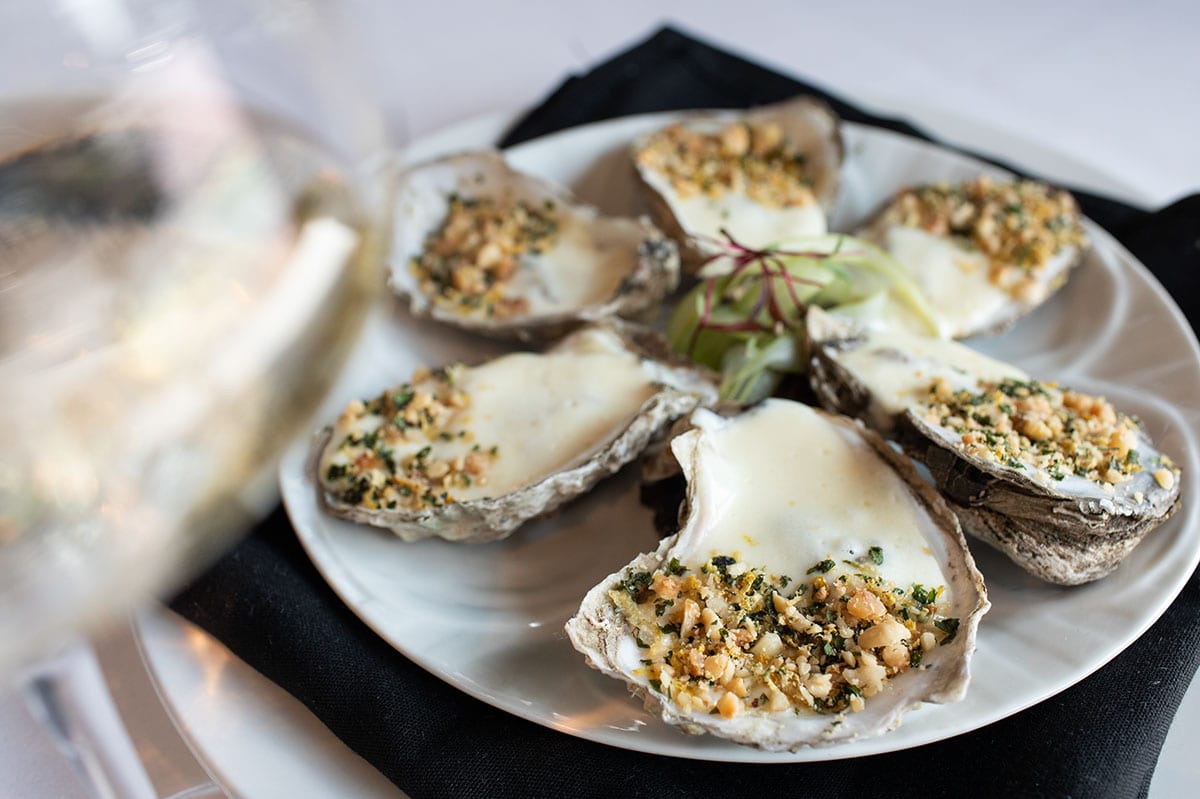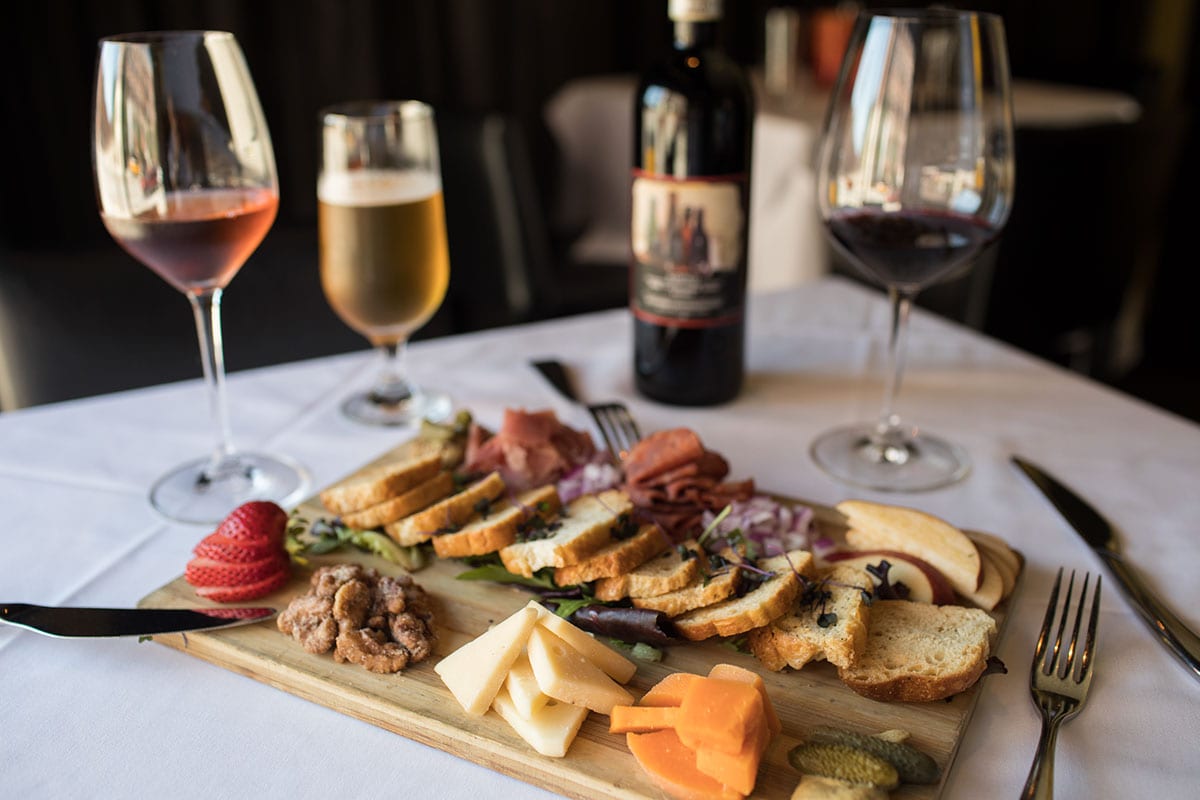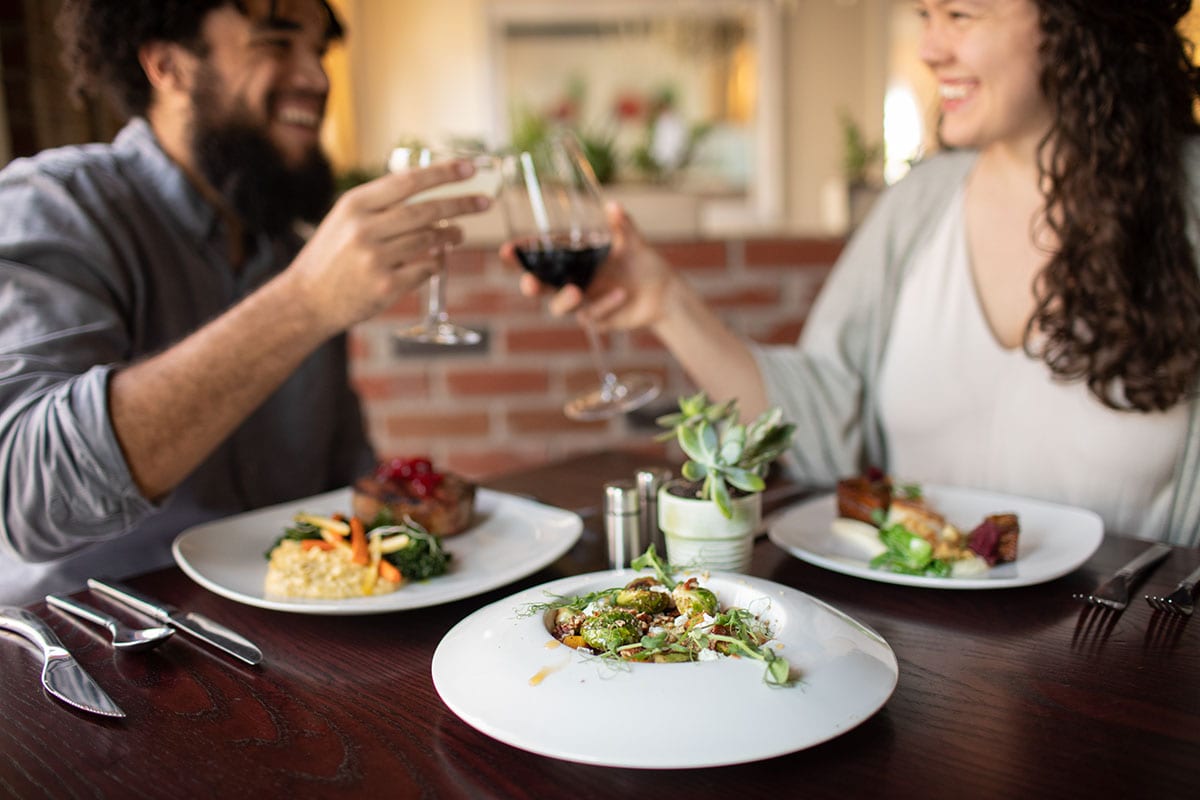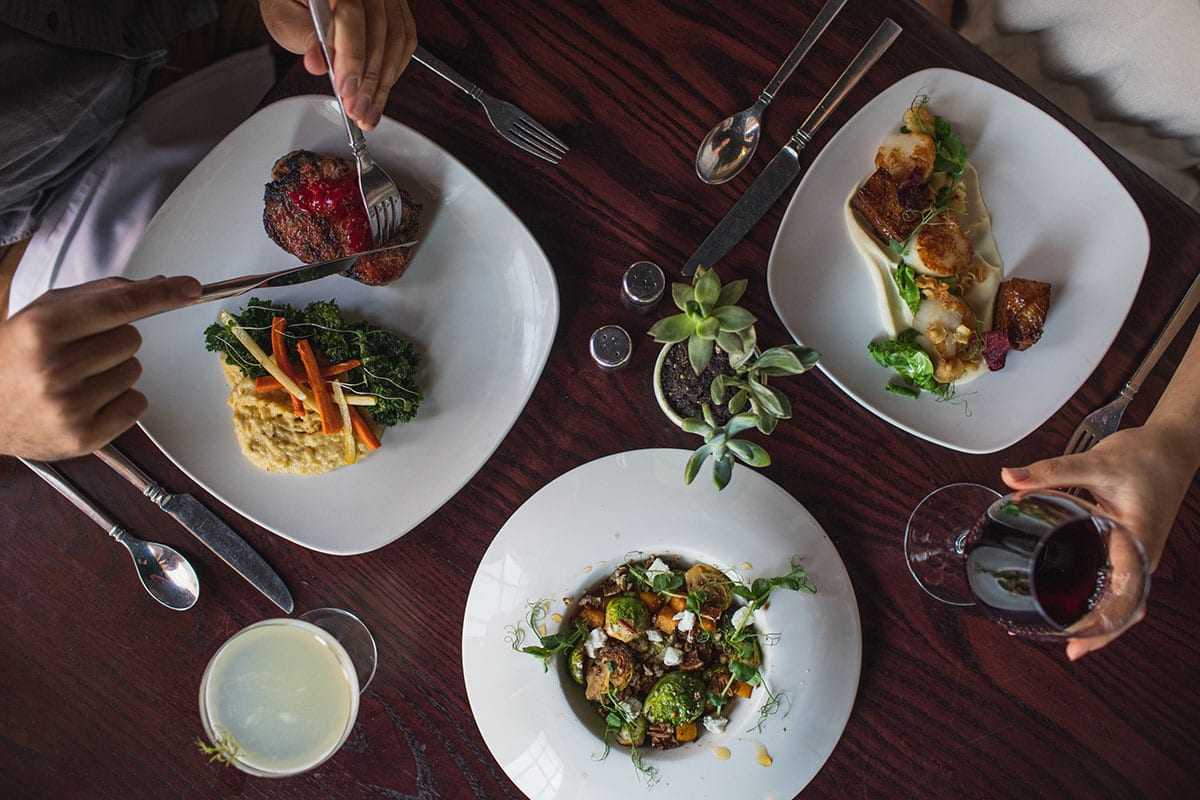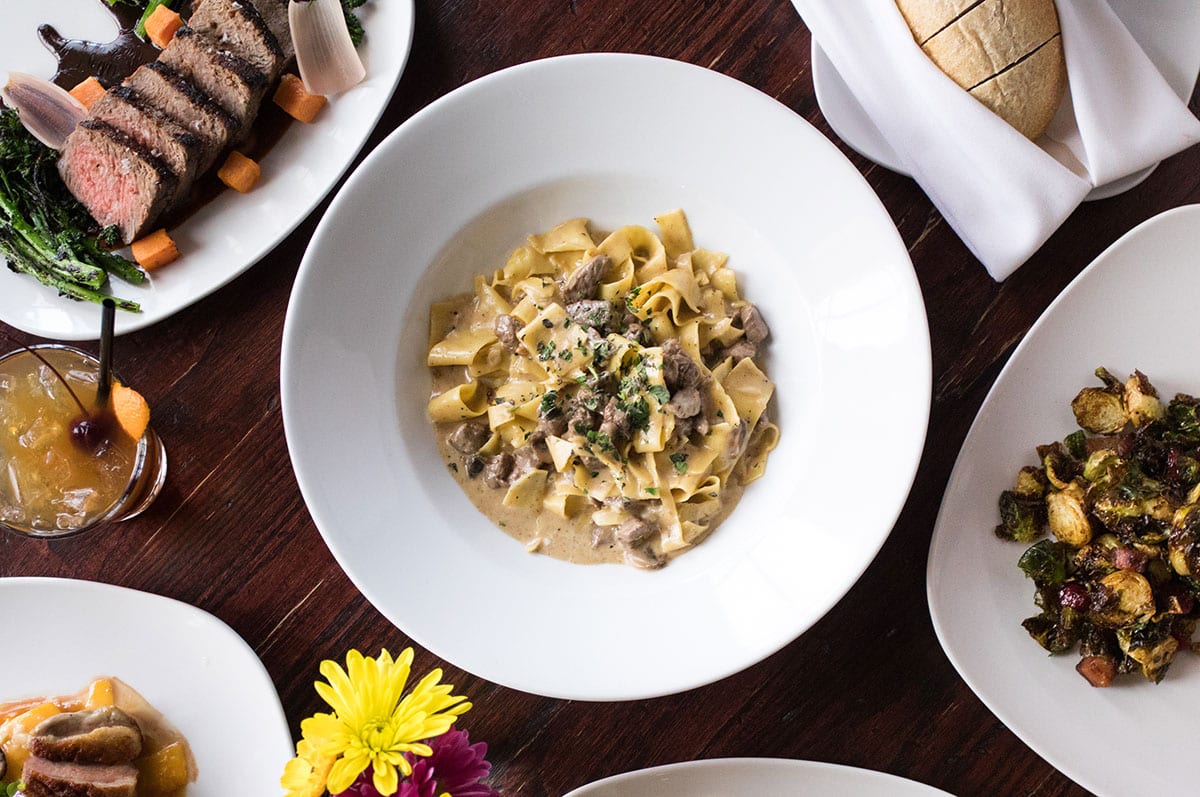February 25 was one of those bright and sunny days that made you glad to be alive. The streets of the Tulsa Arts District were crowded, and over at Duet, co-owner Kate Curren had a smile on her face. The line cooks joked around as they helped create a special Mardi Gras menu.
A bit farther south, Johnna Hayes was in a fine mood. It was the second anniversary of her flagship restaurant, Bird and Bottle.
“I have had some of my happiest times in there, and some of my saddest,” she wrote that afternoon, “and that’s because it’s like a home. We have the most amazing regulars, the staff is so giving and dedicated, and let me tell you – normally your visions don’t come true, but this one did for me.”
Later that day, the Centers for Disease Control and Prevention announced – though most people ignored it – that a novel disease which had infected a few people near Seattle had the potential to become a widespread outbreak.
Monday, two weeks later, was also a sunny day. But back at Duet, manager Jennie Lloyd realized that her staff’s jobs would be lost in the COVID-19 outbreak as the restaurant closed up shop indefinitely.
“Texts were pouring in … and people were emailing event cancellations,” she says. “I had to put my phone in another room because I was overwhelmed with grief.”
A few days later, Hayes had to make the same decision to close her restaurants down.
“For some of us, whose growing-up homes and lives were so chaotic, this industry felt like home,” she says. “And to lose it like this, so abruptly, is absolutely heart- wrenching.”
Throughout the state, many restaurants, which were scoured clean, disinfected and manned by skeleton crews, stayed open for delivery and curbside pickup. Over at Amelia’s Market and Brasserie, a tiny band led by owner Amelia Eesley worked overtime to keep the market stocked with delicious family meals. Chopping vegetables in back one day was Angie Faughtenberry, owner of 413 Farm in Adair. Why had she volunteered to work after a long day at the farm?

Tulsa’s JTR Restaurant Group operates Juniper, Prhyme Steakhouse and Farrell Family Bread. Marketing director Evan Wei-Haas says many restaurants around the country will need government assistance after the devastation of the COVID-19 pandemic. 





“I’m willing to stand in the gap, to take the load, to be here through these difficult times so the staff has a place to return to when restaurants open back up,” she replies. In Oklahoma, the restaurant community has each other’s back.
But for many of these places, takeout orders bring in only 10% of normal revenue, cautions Evan Wei-Haas with Justin Thompson Restaurants. It will take government help, he says, to keep these magical, exciting places alive.
“I don’t think most people realize how thin the profit margin is,” seconds Kurt Fleischfresser, one of Oklahoma City’s most respected chefs and restaurateurs who leads the Oklahoma Restaurant Association. “For most fine dining establishments, it’s in single digits. If a restaurant shuts its doors, there is still rent, mortgage and loan payments to be made, utility bills, property taxes, and pretty soon the restaurant is bankrupt and gone forever. And restaurants employ so many people, keep farms and food suppliers alive … we’re a conduit, spreading cash through the whole community.”
Ryan Parrott, head chef for OKC’s Humankind Hospitality, is seeing that profit margin decimated.
“Business is down 80 to 85%,” he says, “and it’s just not sustainable.”
But he, along with many Oklahoma restaurateurs, has ideas to help.
“Gift cards, takeout – and most restaurants are offering great deals. Every little bit helps,” he says. “Whenever anyone in the community has a fundraiser, restaurants are always the first to donate time, food, money. Now we need your help, or the restaurant landscape will be a lot more desolate next year.”
Meanwhile, in northeast Oklahoma City, Florence’s Restaurant, in business for 60 years, struggles to survive.
“I have not laid anyone off,” says Victoria Kemp, owner alongside her mother, Florence Jones. “Weeks ago, I saw this coming and began to strategize. I trimmed all the fat. I cancelled cable service, dumpster service. I’m watching my pennies. But my staff? Even in normal times, these people depend on me. They have children to feed, rent, car payments. I will do this as long as I can, but business is only an eighth of what it used to be.”
So buy takeout, buy curbside, buy gift cards. Tip big if you can. Buy a big family meal from your favorite place and have it delivered to paramedics, nurses, firemen. Contribute to GoFundMe pages that support staffs. When restaurants reopen, go, enjoy, spend.
Though these times are uncertain, there is still beauty to be found.
“Just in our community, the people who have come out to try to help my staff, the outpouring of everyone trying to help their neighbor stay alive, is the resilience of the human spirit. It is happening all over the world,” says Eesley. “I am very impressed with the beauty I am seeing in people right now. It is encouraging to know it was always there, lying just beneath the noise.”






















